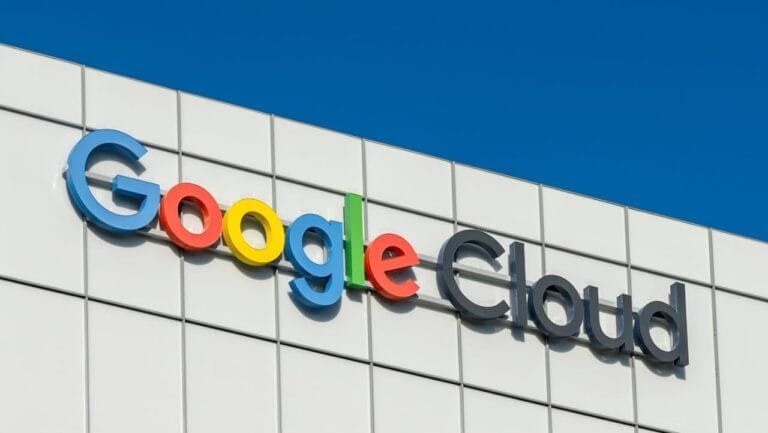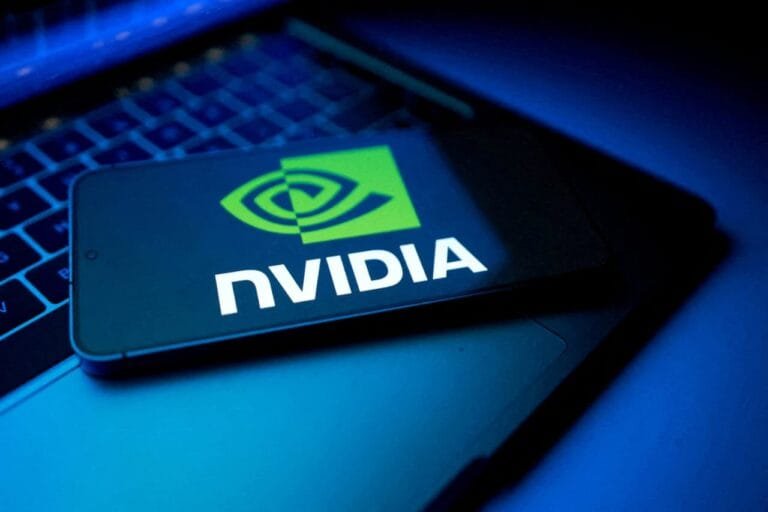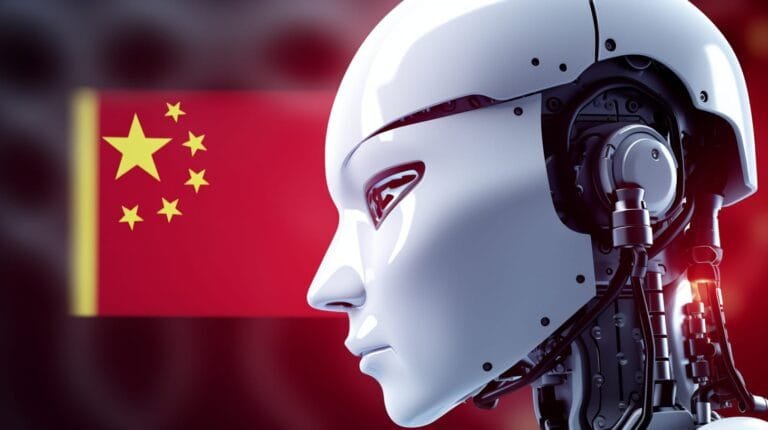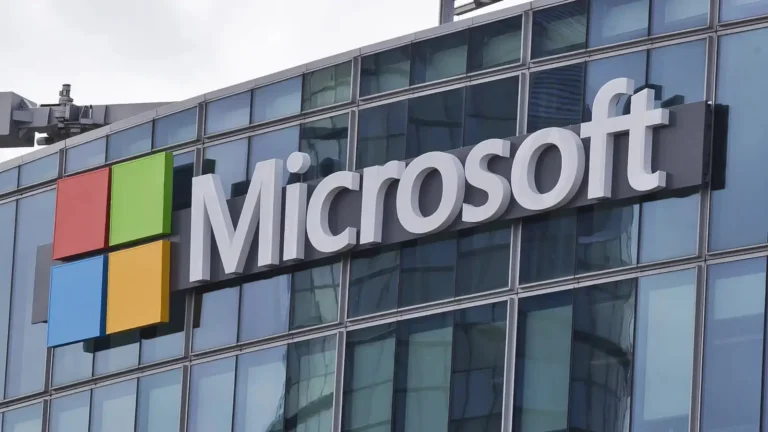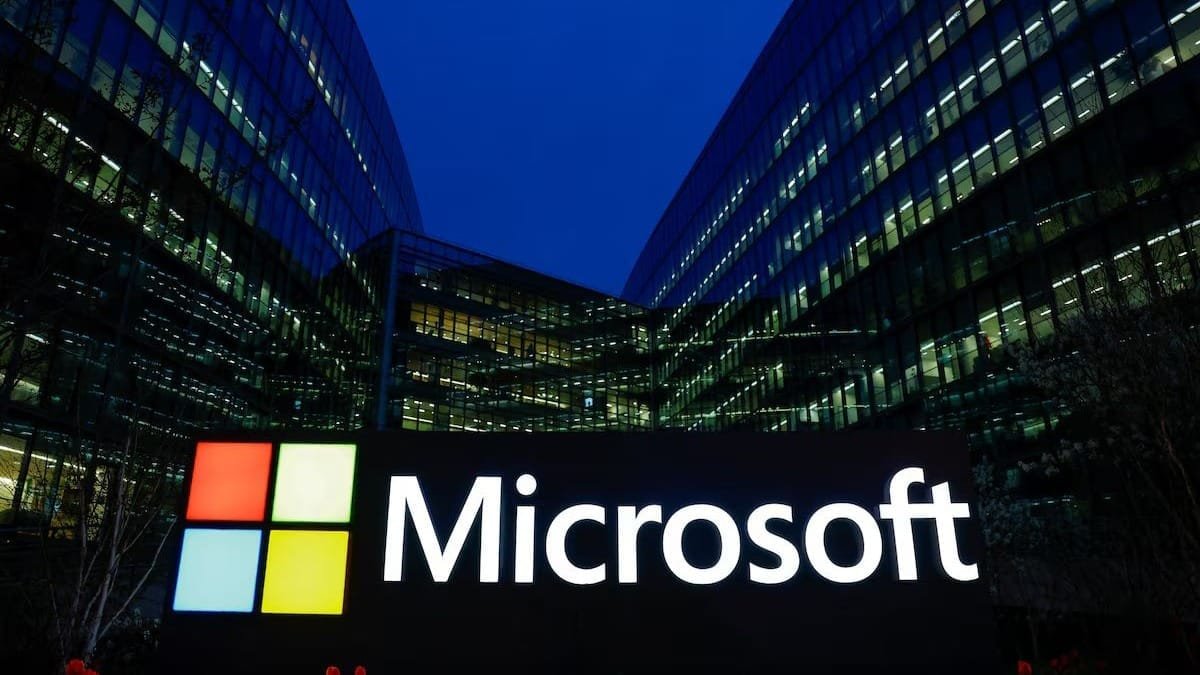
Microsoft is integrating AI into everyday employee tasks through mandatory tool usage.
Microsoft’s big decision Now the use of AI for employees will link to mandatory performance reviews. Recently, Microsoft announced an important change that has created a stir in the technology world. The company mandated the use of Artificial Intelligence (AI) tools for its employees, and more than that, it will now link this use to the performance reviews of employees. This move is a clear indication of how committed Microsoft is to deeply integrating AI into every aspect of its workforce.
Background AI not optional
Microsoft has long been investing heavily in AI and sees it as central to its future. The company’s CEO Satya Nadella has been constantly emphasizing that AI is not just a new technology but a fundamental change in the way we work. Internal communications have revealed that at Microsoft, it is now being clearly messaged that AI is no longer optional. An internal memo from Julia Liuson, Corporate Vice President of the Developer Division, states that AI is now a fundamental part of the way we work. Collaboration Like data-driven thinking and effective communication, the use of AI is no longer optional – it is core to every role and every level.
Reason for linking AI use to performance reviews
There are several reasons being cited behind Microsoft’s move. Promoting AI products Microsoft has developed several AI tools like Copilot and promoted them heavily. However, internally these tools have not been adopted as expected by the competition (such as Microsoft). Microsoft is looking to increase internal use of its own AI products amid a growing challenge from AI coding tools such as Cursor. Linking it to performance reviews is a straightforward way to motivate employees to use these tools Increasing productivity and efficiency Microsoft believes that AI tools can make employees more productive and efficient By mandating the use of AI, the company aims to have employees leverage AI in their daily tasks thereby increasing overall company productivity.
Establishing AI as a core skill This move establishes AI as an essential skill rather than just an additional tool Just as data-driven thinking or effective communication are important in today’s workplace, AI proficiency is becoming just as important Preparing for the future AI is rapidly evolving and transforming the workplace Microsoft wants its employees to prepare for this change and stay relevant in an AI-driven future.
Impact on performance appraisals
This policy signals a dramatic shift in the way Microsoft measures performance. Managers will now evaluate employees based on how often and how effectively they use the company’s own AI tools. Some teams are even considering formal metrics to track AI use. This means that managers will now evaluate employees not only for their core job responsibilities but also for their AI skills.Not only will they have to excel in AI but they will also have to show their proficiency in using AI tools This is especially important for employees who are building AI products. The leadership believes that those who are building AI products should also use them daily
Challenges and criticisms
There have been many challenges and criticisms about Microsoft’s move
Forced use of AI Critics argue that this move is like forced adoption of AI through performance reviews rather than winning hearts and minds with utility Is using AI now a skill or just a checkbox to keep your job? Confusion and mistrust Side effects of generative AI such as “hallucinations” (generating false information) and mistrust are still a challenge. In such a situation, the mandatory use of AI can create confusion and mistrust among employees Effects on the employee Some people worry that this will put additional pressure on employees. They will need time and resources to learn new tools and integrate them into their workflow Layoff fears. This move comes at a time when there are reports of new layoffs at Microsoft. Some analysts believe there may be a connection between cost control and layoffs due to investments in AI, where AI can automate some human tasks
Conclusion
This move by Microsoft marks the beginning of a new era in the tech industry where companies are integrating AI not just as a tool but as an integral part of the way they work. It will be interesting to see how this policy impacts Microsoft employees and whether it serves as a successful model for mainstream adoption of AI. It will certainly set a precedent for other companies on how they integrate AI into their workforce. This policy also emphasises that in this age of AI, adaptability and AI proficiency are no longer optional but critical requirements.
